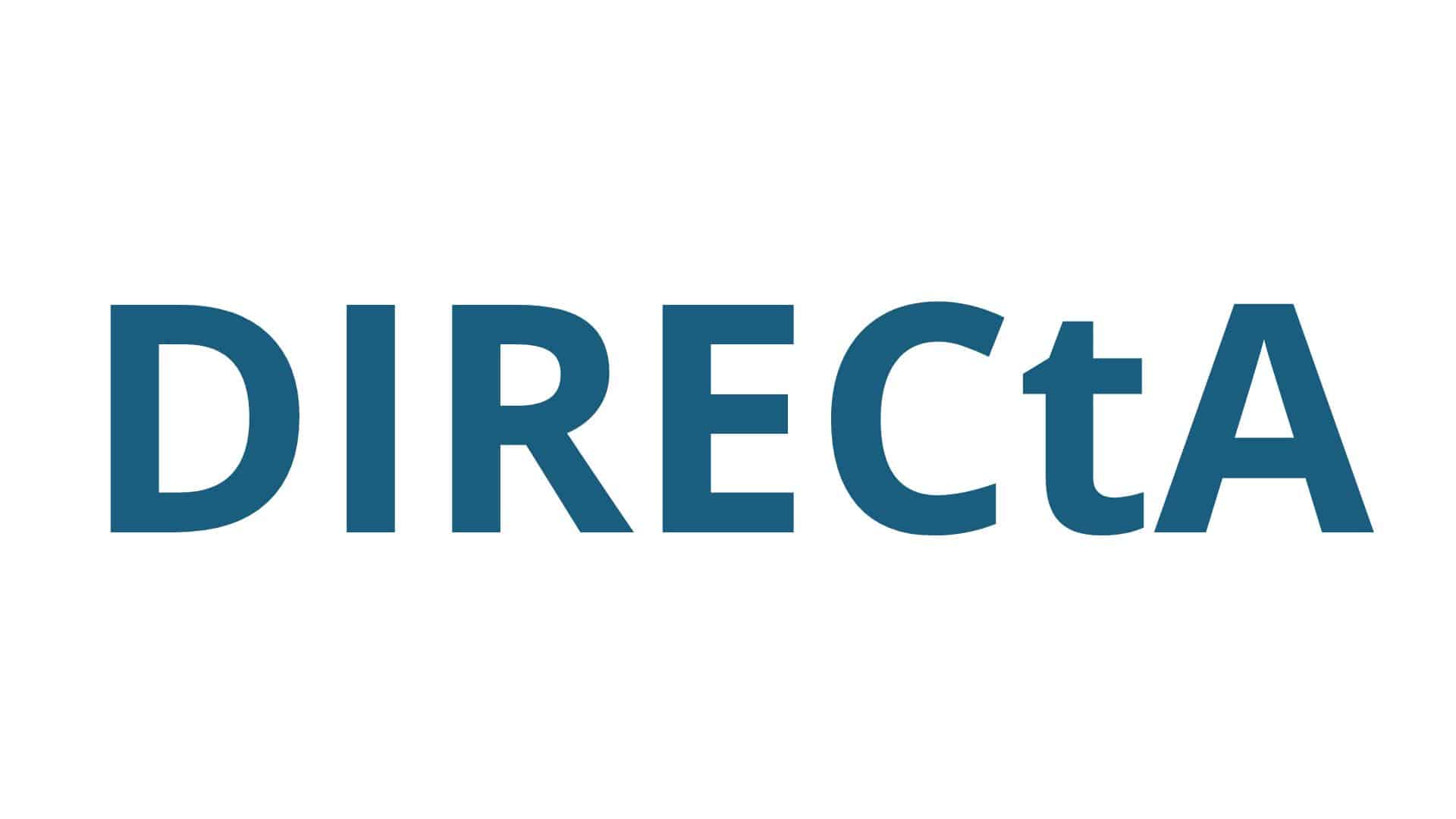Licenciada en Medicina y Cirugía por la Universidad de Málaga, es especialista en Oncología Médica en el Hospital Regional Universitario de Málaga, donde desarrolla su actividad asistencial centrada en el manejo y tratamiento de tumores digestivos y tumores neuroendocrinos. Cuenta con una sólida trayectoria docente, siendo tutora de formación de residentes en la especialidad de Oncología Médica desde 2008 y tutora clínica de alumnado de pregrado de la Universidad de Málaga desde 2016.
Desarrolla una intensa actividad investigadora desde hace más de 20 años, participando como investigadora principal en más de 40 ensayos clínicos en fases II y III, principalmente en patologías digestivas, así como como coinvestigadora en más de 30 ensayos adicionales. Es coautora de más de 30 publicaciones científicas en revistas especializadas y capítulos de libro relacionados con tumores digestivos.
Durante el periodo 2000–2002 realizó los cursos de doctorado en el Departamento de Bioquímica y Biología Molecular de la Facultad de Medicina de Málaga. Ha desarrollado líneas de investigación básica en colaboración con los servicios de Inmunología y Oncología del Hospital Regional Universitario de Málaga, centradas en la segregación de polimorfismos inmunogenéticos en el cáncer de colon y en el análisis de la infiltración linfocitaria en tejido tumoral de pacientes con carcinoma de páncreas. Asimismo, participó entre 2011 y 2013 como coinvestigadora en un proyecto de I+D+i financiado en convocatorias públicas competitivas sobre el metabolismo de la glutamina en tumores cerebrales y sus implicaciones en terapia antitumoral.
En el ámbito institucional y científico, es vocal de la Junta Directiva de la Sociedad Andaluza de Oncología Médica (SAOM) desde noviembre de 2022 y forma parte de los grupos de trabajo de tumores biliopancreáticos del TTD, así como de los grupos de tumores esófago-gástricos y biliopancreáticos de la SAOM.
Correo: inmaculadac.ales.sspa@juntadeandalucia.es

